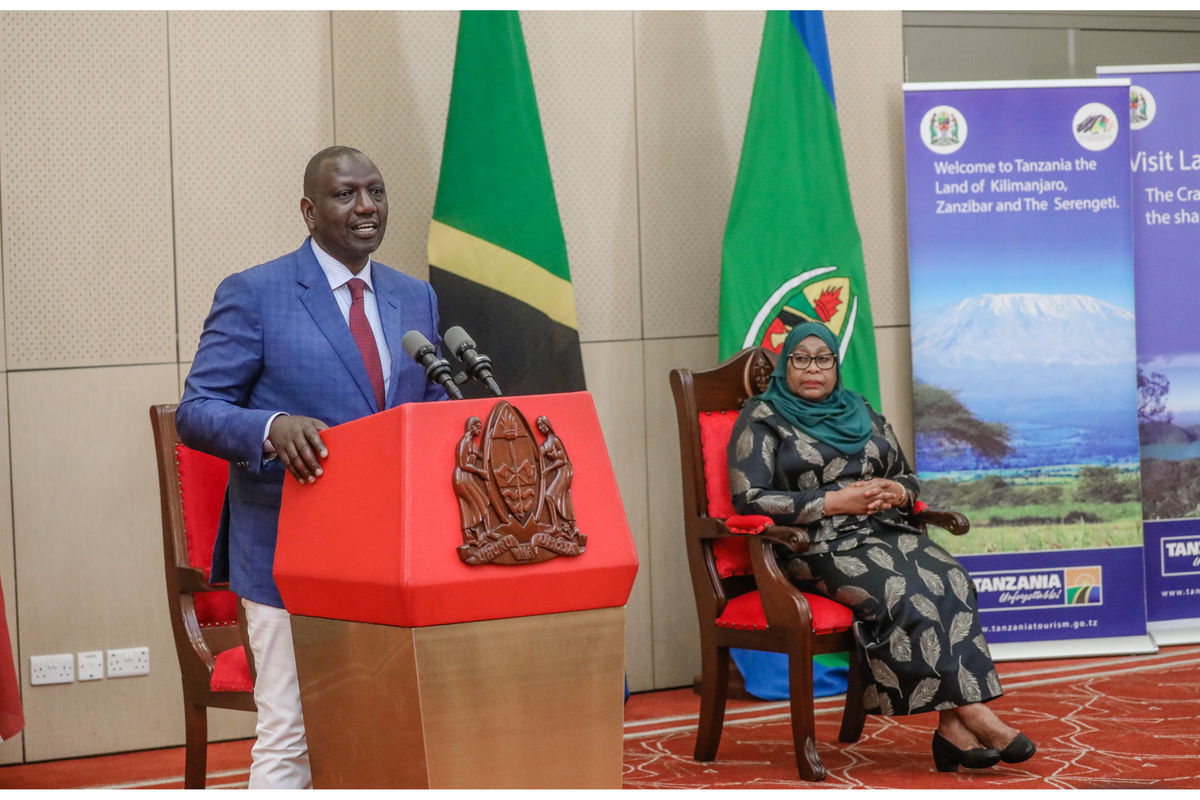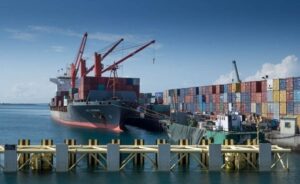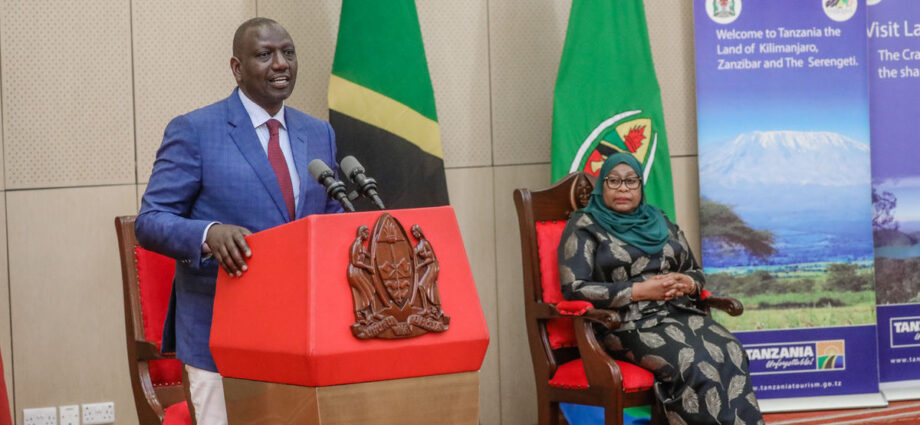
Last week, presidents William Ruto and President Samia Suluhu reaffirmed their commitment to implement a 2021 agreement to import piped gas from Tanzania. Having failed to discover commercial deposits of natural gas, Kenya can now explore the economic opportunities of piped natural gas imports from Tanzania.
Although a fossil fuel, natural gas is widely accepted as a lower-carbon “bridge” for energy transition to renewable energy. Natural gas is essentially methane. It is not LPG, which is mainly higher carbon butane, bottled for use in our kitchens. Natural gas is piped under pressure for use in power plants, industrial heating, and institutional or domestic heating. It is also a feedstock of choice for manufacture of chemicals, including fertilisers.
Natural gas imports from Tanzania can fit into our long-term energy supply and demand matrix. However, being imported energy, it has balance of payment implications, and is subject to global commodity market and currency volatility. For this reason, natural gas should only supplement and not replace local indigenous energy sources. It should not crowd out local capacity for renewable energy (geothermal, hydro, wind and solar).
Strategically, Tanzanian natural gas should initially target coastal economic opportunities, focusing on existing thermal power plants, cement and steel industries and hotels. These consumers are currently using either fuel oil or coal, which is imported.
This conversion will reduce carbon emissions, while providing opportunities for energy cost reduction to the economy. The planned Dongo Kundu industrial zone is an ideal termination and distribution point for the gas pipeline from Tanzanian, as it will promote new medium-sized industries.
Further, feasibility studies for ammonium fertiliser manufacture should be done with natural gas and air as feedstocks. There is always danger when governments “politically” agree on projects without full strategic and economic justifications.
Economic feasibility studies should deliver to the economy lower energy costs to allow Kenya’s manufactured goods to be competitive in regional and overseas markets, while replacing cheaper imported goods. In power generation, natural gas unit tariffs should be the deal maker or breaker.
The gas agreement should include a foolproof natural gas cost escalation formula correctly insulated from market volatilities.
Should Kenya commit to import gas from Tanzania, then the planned imports of Ethiopian hydroelectricity should be re-assessed. The two may be mutually exclusive, with natural gas carrying higher opportunities for economic multiplication.
Finally, Kenya should continue explorations for own gas, with a caveat to reduce Tanzania imports to accommodate local production.
Share this news
This Year’s Most Read News Stories

Tato faults Zanzibar mandatory insurance for arriving visitors
Tato chairman has dismissed the new policy is an unnecessary and duplicative burden on touristsContinue Reading

Zanzibar: Containers and dhows carrying alcohol stuck at Malindi Port
ZMMI, Scotch Store and One Stop Company have filed contempt of court case against Nicholas Eshalin, the chief executive officer of the Zanzibar Multipurpose TerminalContinue Reading

Zanzibar Airport Authority to audit ground handlers
Unguja. The Zanzibar Airports Authority (ZAA) is set to conduct an audit on ground handling companies that currently operate at the Abeid Amani Karume Airport with effect from Monday. The week-long audit is set to include Transworld, ZAT and the newcomer Dnata Zanzibar who were licensed in June plus exclusive rights to manage Terminal 3 building by ZAA.Continue Reading











